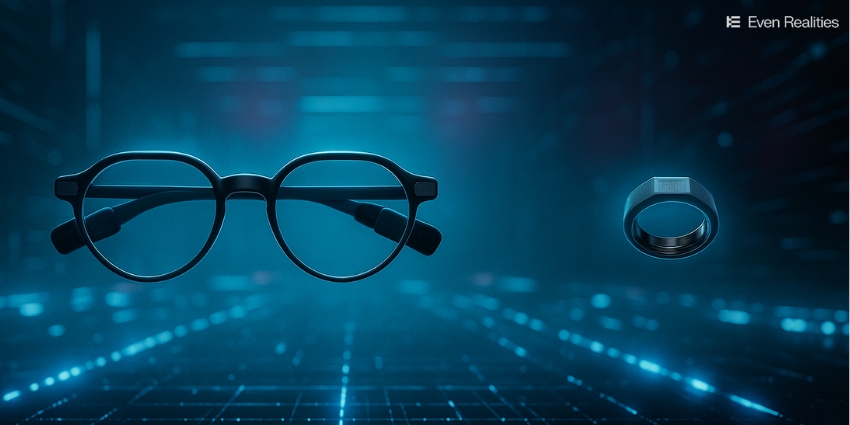Next week, between May 20 and 21, Google I/O will kick off, showcasing the latest innovations in the technology giant’s portfolio. Namely, following its recent work developing the AndroidXR ecosystem, Google’s emerging VR/AR/MR portfolio will take centre stage alongside Google’s foundational innovations, such as AI.
According to the Google I/O webpage, the May 20th keynote will feature XR somehow, again most likely covering its AndroidXR platform and where that fits within Google’s product offerings. Moreover, the event will feature a Developer Keynote on the same day, which appears to cover XR.
Alongside these broader sessions, Google will host the “Building differentiated apps for Android XR with 3D content” session, featuring Dereck Bridié, Google’s Developer Relations Engineer, and Patrick Fuentes, Google’s Developer Relations Engineer.
The Building differentiated apps for Android XR with 3D content session will introduce Jetpack SceneCore and ARCore for Jetpack XR. The speakers will assist viewers through immersive content creation, including adding immersive content such as 3D models, stereoscopic video, and hand-tracking to existing apps.
“Participants will learn about new features in the Android XR SDK developer preview,” the event page states, and in an interesting note, the page explains this comes as the public launch of Android XR arrives “later this year.”
Google’s AndroidXR Lead Announces “Act Two” of AI & XR Convergence
Google I/O is taking place as Google seeks to enhance the visibility of AndroidXR. Recently, at the TED2025 conference, Shahram Izadi, the leader of Google’s AndroidXR development team, publicly demonstrated the upcoming operating system for smart glasses. He showcased a prototype pair of smart glasses that featured real-time translation, image recognition, and seamless connectivity with other Android devices during the presentation. This live demonstration highlighted the innovative capabilities of the new system, which is set to launch in the new year.
Izadi said:
Augmented and virtual reality have moved computing from the rectangular screen to the 360 immersive display, and now even the world itself is becoming the display. We now refer to this broad collection of experiences as extended reality, or XR.
“Until now, these innovations have occurred separately and in silos, well here comes act two of the computing revolution, AI and XR are converging, unlocking radical new ways to interact with technology on your terms,” Izadi also added.
More on AndroidXR
Google introduced Android XR, a new operating system designed for extended reality, late last year, and during the announcement, the company highlighted the role of Gemini AI assistants in enhancing user interactions with headsets and their visualisations.
Built on a familiar Android foundation, this XR operating system supports various existing mobile and tablet applications, as well as content designed explicitly for Android XR. This development addresses a significant barrier to the broader adoption of XR technology: users need access to various applications and engaging services to justify investing in an XR device.
The Android XR OS aims to advance the future of artificial intelligence, augmented reality, and virtual reality experiences on headsets and smart glasses. Android XR is in a preview stage for developers only, with a broader release anticipated in the future.
Developers interested in Android XR can begin building their projects using familiar tools such as ARCore, Android Studio, Jetpack Compose, Unity, and OpenXR.
Additionally, Google has entered into a definitive agreement with HTC VIVE, investing $250 million in the leading XR firm. In return, Google will receive valuable XR-related support from HTC, including access to certain employees from HTC’s XR team, who will join Google to help develop its own XR solutions.
Reports indicate that Google is testing prototype Android XR smart glasses with select users, emphasising privacy, flexibility, and opportunities. Leading firms such as Samsung, Magic Leap, Lynx, Sony, Qualcomm, and XREAL are also contributing to the advancement of the AndroidXR platform.







